Introduction
Education is not one-size-fits-all, and traditional teaching methods often overlook the unique needs of individual learners. Enter Artificial Intelligence (AI), a game-changer in the field of personalized learning. By analyzing data and adapting to each student’s learning style, AI offers a customized approach to education, fostering better engagement, retention, and satisfaction.
What is Personalized Learning?
Personalized learning is an educational approach tailored to the unique needs, abilities, and preferences of individual students. Unlike the rigid structure of conventional classrooms, it allows students to move at their own pace, focus on areas of interest, and receive resources best suited to their learning style.
AI plays a pivotal role in enabling personalized learning by:
- Real-Time Analysis: AI monitors performance and identifies gaps in understanding.
- Content Customization: Algorithms suggest resources based on a student’s strengths and weaknesses.
- Scalable Solutions: AI ensures personalization is accessible to large student groups.
AI Tools Revolutionizing Personalized Learning
Several cutting-edge tools and platforms demonstrate the power of AI in education:
- Adaptive Learning Platforms: Tools like DreamBox and Knewton create dynamic lesson plans that evolve based on student performance.
- Virtual Tutors: AI-driven tutors such as Squirrel AI provide individualized assistance, helping students master complex concepts.
- Learning Analytics Dashboards: Platforms like BrightBytes give educators a detailed overview of student progress, enabling timely interventions.
Benefits of AI-Driven Personalization
Enhanced Engagement
AI ensures that students are presented with content that aligns with their interests and learning needs, making lessons more engaging and meaningful.Improved Retention
By addressing individual challenges early, AI helps students overcome obstacles, reducing dropout rates and boosting overall retention.Efficient Teaching
Educators can focus on mentoring and fostering creativity while AI automates administrative tasks like grading and lesson planning.Accessibility and Inclusivity
AI tools can accommodate diverse learning needs, including those of students with disabilities, by providing adaptive solutions such as text-to-speech or captioning.
Real-World Impact
Consider a middle school student struggling with math. An AI-powered platform identifies their difficulty in fractions and provides targeted exercises, videos, and interactive games to help them improve. At the same time, it updates the teacher, who can provide additional support during class. The result? A confident, engaged learner and a well-supported educator.
Challenges and Ethical Considerations
While the potential of AI in personalized learning is immense, it’s essential to address:
- Data Privacy: Ensuring the security of sensitive student information.
- Bias in Algorithms: Developing unbiased AI systems that cater to all learners equally.
- Teacher Training: Equipping educators to effectively integrate AI into classrooms.
The Future of Personalized Learning
The integration of AI in education is only beginning. As technology evolves, we can expect even more sophisticated tools that cater to holistic student development, including emotional intelligence, critical thinking, and creativity.
Conclusion
Personalized learning powered by AI offers an opportunity to revolutionize education, making it more inclusive, engaging, and effective. By embracing AI, educators can ensure that every student receives the support they need to thrive in their academic journey.
Hashtags
#PersonalizedLearning #AIinEducation #EdTech #StudentEngagement #EducationInnovation #LearningRevolution #FutureOfEducation #kaurexltd

